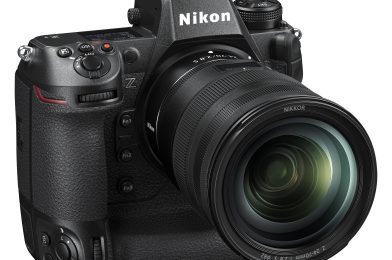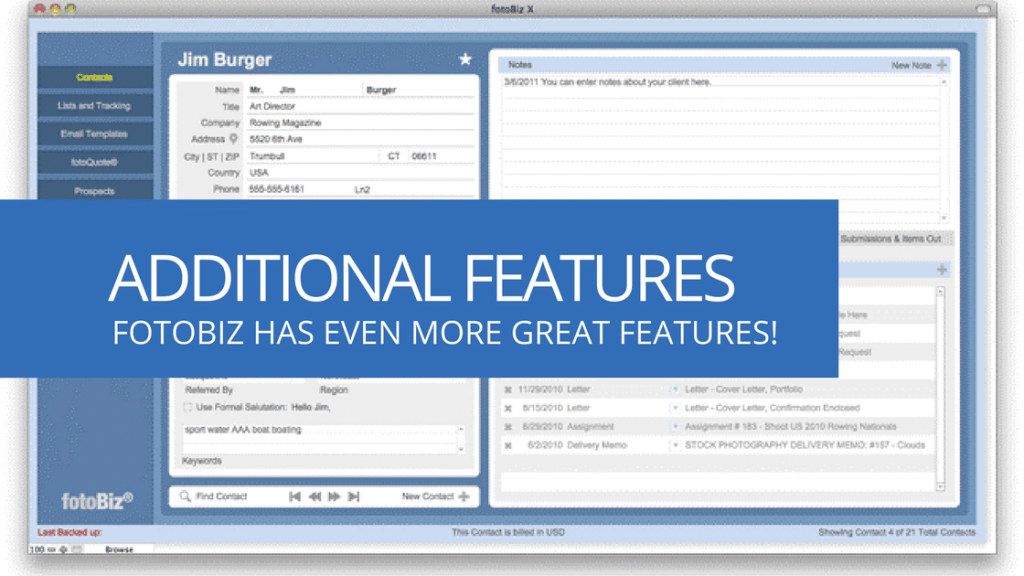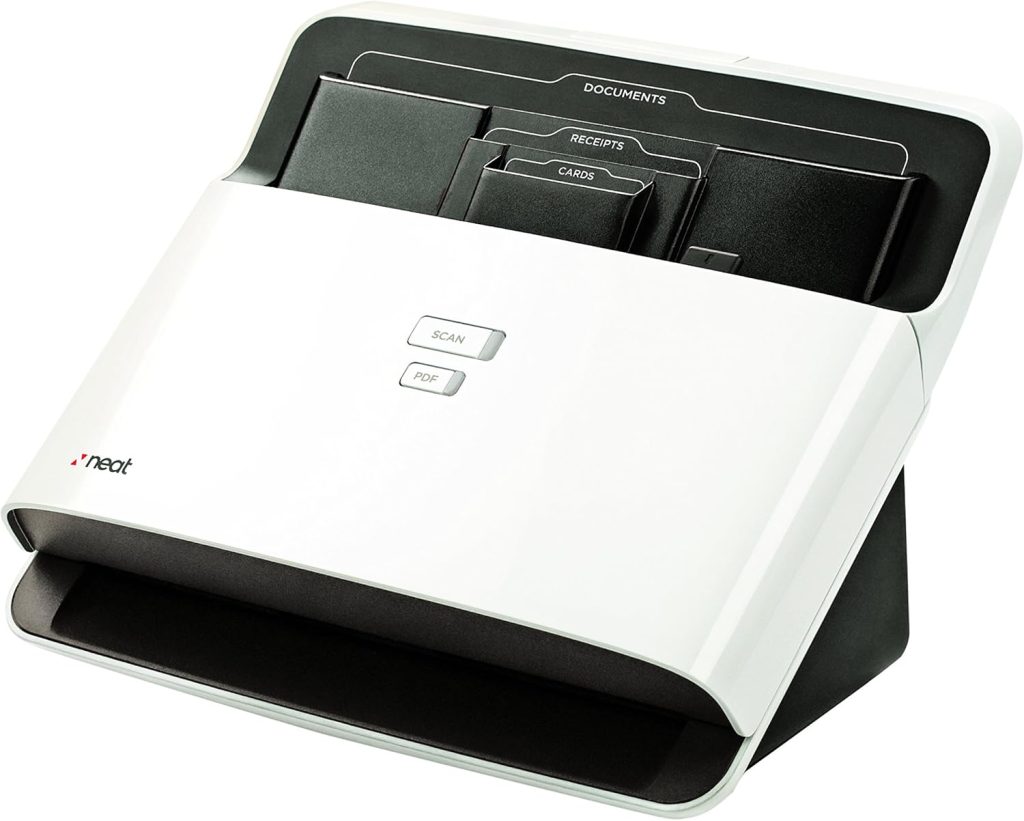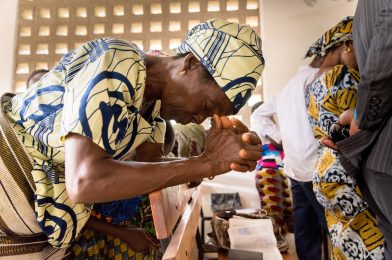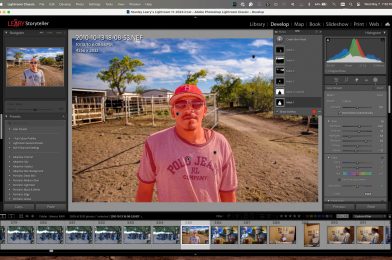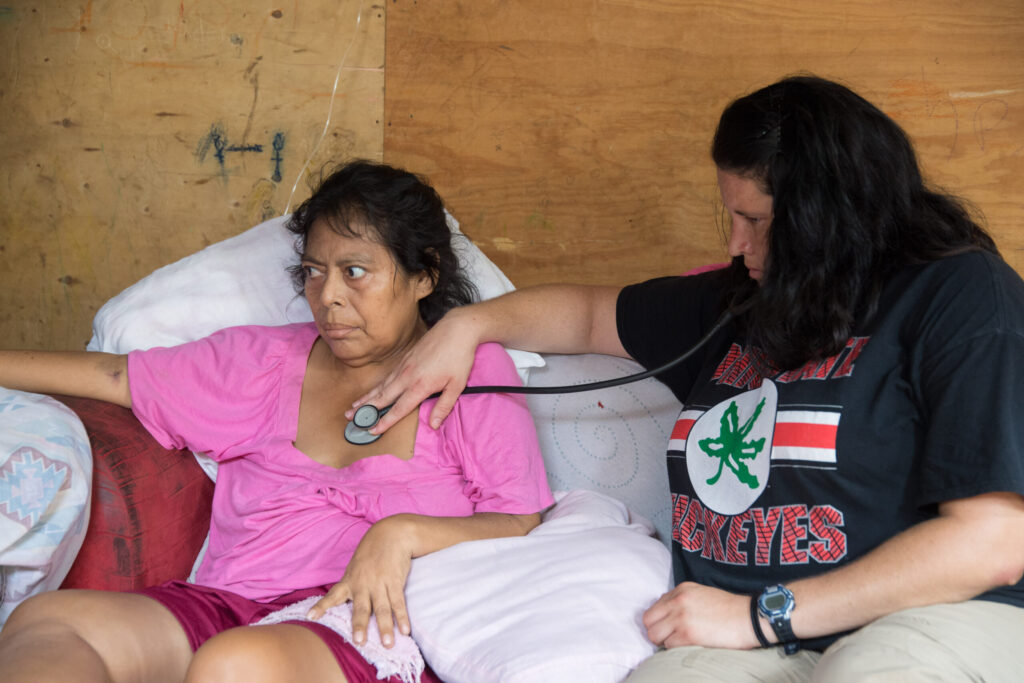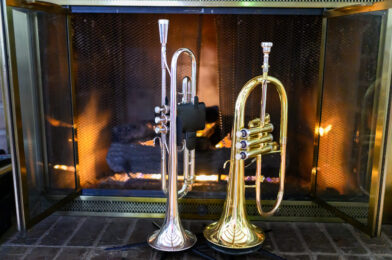Every time a camera company releases a new model, the internet goes crazy. The reviews start flooding in, YouTube thumbnails scream “GAME CHANGER,” and you can practically hear your credit card twitching in your wallet.
But here’s the thing: A new camera won’t automatically make you a better storyteller. The real question is—do you need to upgrade, or are you just caught up in the hype?
After decades behind the lens, I use the checklist before upgrading a camera. Whether you’re a working creative or a photo enthusiast, this will help you cut through the noise and make a decision that serves your goals.
✅ 1. Does it solve a fundamental limitation you’re facing?
Are you struggling with low-light performance, slow autofocus, or video quality that doesn’t hold up? Maybe there are jobs you’ve passed on because your current gear can’t handle them. If a new camera removes a roadblock, it’s worth considering.
✅ 2. Will it help you earn more or create more?
Will it open doors to new types of work? For me, a camera with stronger video specs or better hybrid features means I can say “yes” to more clients. If the upgrade expands your skillset or revenue streams, it’s not a luxury—it’s a business investment.
✅ 3. Is this a big leap forward—or just a minor bump?
Not every upgrade is created equal. Sometimes it’s a subtle bump in resolution or frame rate, but other times it’s a complete game-changer, like vastly improved autofocus or dynamic range. Don’t get caught upgrading for something your clients won’t even notice.
✅ 4. Are you entirely using your current gear?
This one stings a little. I’ve met photographers who chase the latest body but haven’t learned to master their current camera. If you’re not maxing out what you already have, upgrading won’t fix that. Sometimes, better storytelling techniques or lighting skills go further than a new sensor.
✅ 5. Will your lenses and accessories still work?
If switching systems means buying all new lenses or adapters, that adds up fast. Make sure the upgrade fits into your existing gear ecosystem, or you’ll need to budget for a full transition.
✅ 6. Is your current gear aging out?
It might be time if your camera shows wear and tear, freezing up, or you’ve outshot its shutter life. Plus, older gear drops in resale value over time. Sometimes the most brilliant financial move is selling before it’s worth pennies.
✅ 7. Will this speed up your workflow?
I value gear that saves me time in the field and post. That might be dual card slots, GPS tagging, better battery life, or internal recording features that eliminate extra steps. If the new body helps you deliver faster and with fewer hiccups, that’s worth its weight.
✅ 8. Are your needs changing?
If you’re doing more video, documentary, or travel work, maybe you need better codecs, in-body stabilization, or something lighter. Gear should match your direction, not just your wishlist.
✅ 9. Can you justify the cost right now?
Ask yourself: Will this camera pay for itself in the next 6 to 12 months? That’s the business question. If the return on investment is higher than upgrading your lighting, lenses, or editing setup, go for it. But prioritize wisely.
✅ 10. Be honest: Is it FOMO or a real need?
We’ve all been there—watching reviews at 2 a.m., feeling like our current camera is ancient. But that’s marketing doing its job. If the upgrade doesn’t serve your story, clients, or craft, it might be gear envy talking.
Final Thoughts:
Gear matters—but only when it helps you tell better stories or serve your clients more effectively. That’s the heart of what I do, and why I don’t upgrade just because a new body hits the shelves.
Do you have a camera in mind and are unsure if it’s time to switch? Send me a message—I’m always happy to talk shop and help you make the decision.

